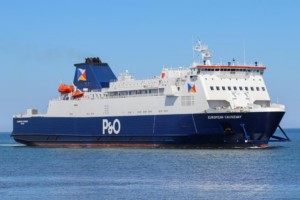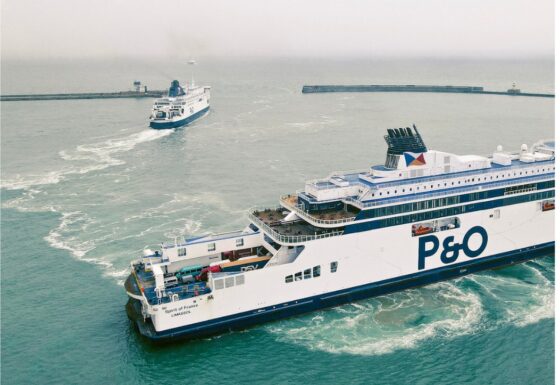
Unions criticise ‘feeble’ plans for seafarers’ minimum wage law

Ports and unions have criticised the UK government over “feeble” plans to ensure seafarers are paid the equivalent of UK minimum wage.
Following P&O Ferries’ decision to sack 800 workers, the government has made moves to introduce pay protection reforms requiring ferry operators who regularly call at UK ports to pay their workers the equivalent of the UK national minimum wage — currently £9.50 an hour.
The new legislation, known as the Harbours (Seafarers’ Remuneration) Bill, was announced 10 May in the Queen’s Speech. The bill will ban ferries that don’t pay their workers the equivalent to the minimum wage from docking at UK ports.
Transport secretary Grant Shapps said: “We will stop at nothing to make sure seafarers in UK ports are being paid fairly. P&O Ferries’ disgraceful actions do not represent the principles of our world-leading maritime sector and changing the law on seafarer pay protection is a clear signal to everyone that we will not tolerate economic abuse of workers.
“We will protect all seafarers regularly sailing in and out of UK ports and ensure they are not priced out of a job. Ferry operators that regularly call at UK ports will face consequences if they do not pay their workers fairly.”

However, the British Ports Association (BPA) said it “remains unclear” if the legislation would work and said they could not enforce it, while the union body TUC dismissed the plans as “unworkable.”
“The creation of new rules for ports to regulate ships in such a way is unprecedented,” says Richard Ballantyne, chief executive at the British Ports Association. “Enforcing the minimum wage is not an area where ports have a core competency. This should be a job for the Maritime & Coastguard Agency or HM Revenue & Customs. Ports facilitate the safe and efficient movement of ships, goods, passengers and maritime activities, safely and efficiently, they are not regulators.
“It remains unclear whether the Bill will achieve the Government’s aims of improving long-standing issues for seafarers. Our initial assessment is that it might not be compatible with the UK’s obligations under international treaties or the current principles which govern our independent ports sector.”
The TUC criticised the government for dropping a promised employment bill that would have given greater rights and protection to all workers, including those at sea.
“This proposal is feeble and likely unworkable,” TUC general secretary Frances O’Grady says. “The government has done nothing to tackle the most flagrant labour abuse in years by P&O. Only stronger employment legislation that boosts worker protections and stops companies firing on the spot will prevent another P&O-type scandal.”
The government says it is conducting a consultation with ports and the maritime sector on the proposed measures, and will implement the changes in the next parliamentary session. Other vessels aside from ferries, such as cruise operators, could also be included.
In April, P&O Ferries was accused of trying to cut the wages of its already low-paid workforce, after new teams revealed they have been asked to sign new contracts on even lower pay than when they were brought in.
